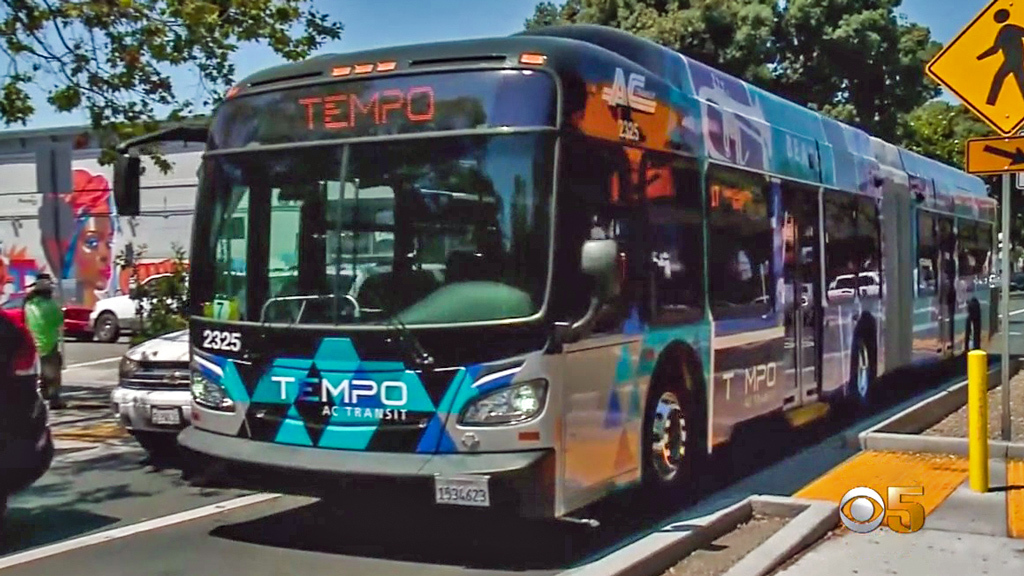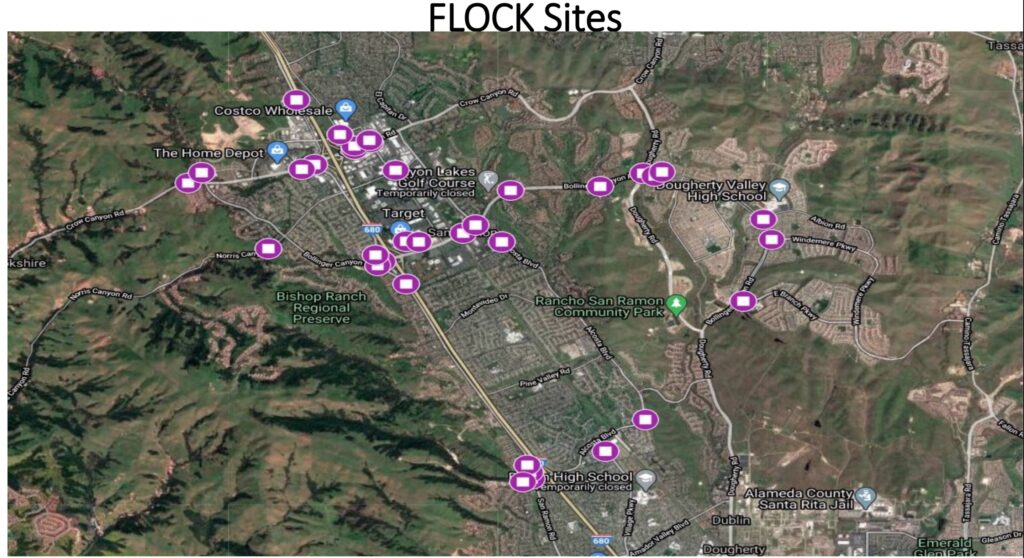At the September 9 meeting of the AC Transit Board of Directors, the board unanimously adopted a privacy policy for the cameras that will line the bus stops of the new rapid transit line from DT Oakland to San Leandro. The policy was reviewed by a working group that included Oakland Privacy and the Electronic Frontier Foundation and was chaired by AC Transit counsel Jill Sprague.

The privacy policy instructs that all footage is to be destroyed after 30 days, unless footage is linked to a specific ongoing investigation, requires annual reporting to the public, and prevents data transfer to immigration enforcement or any third party without specific written authorization. It is modeled on the camera policy in place for the Bay Area Rapid Transit District.
That said, community concerns remain as several public speakers pointed out the low level of trust in AC Transit’s law enforcement agent – the Alameda County Sheriff’s Department. And despite our best efforts, the AC Transit Board was not yet ready to introduce a fully enforceable ordinance.
We hope that will change in the future, but this is a positive first step. We thank AC director Chris Peeples for initiating the privacy policy effort.




